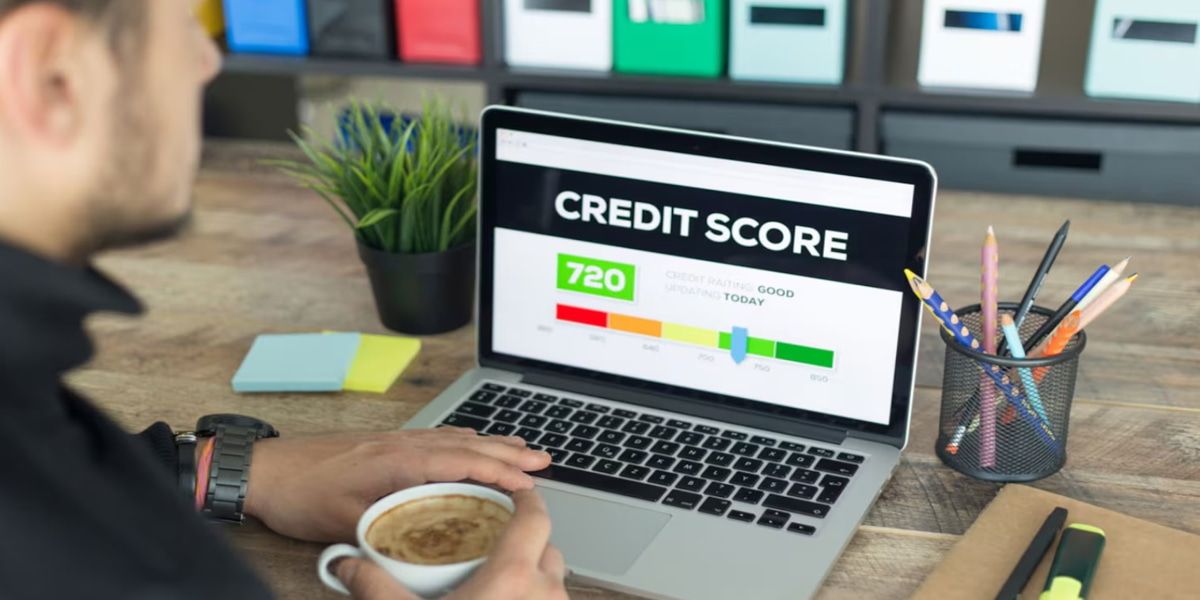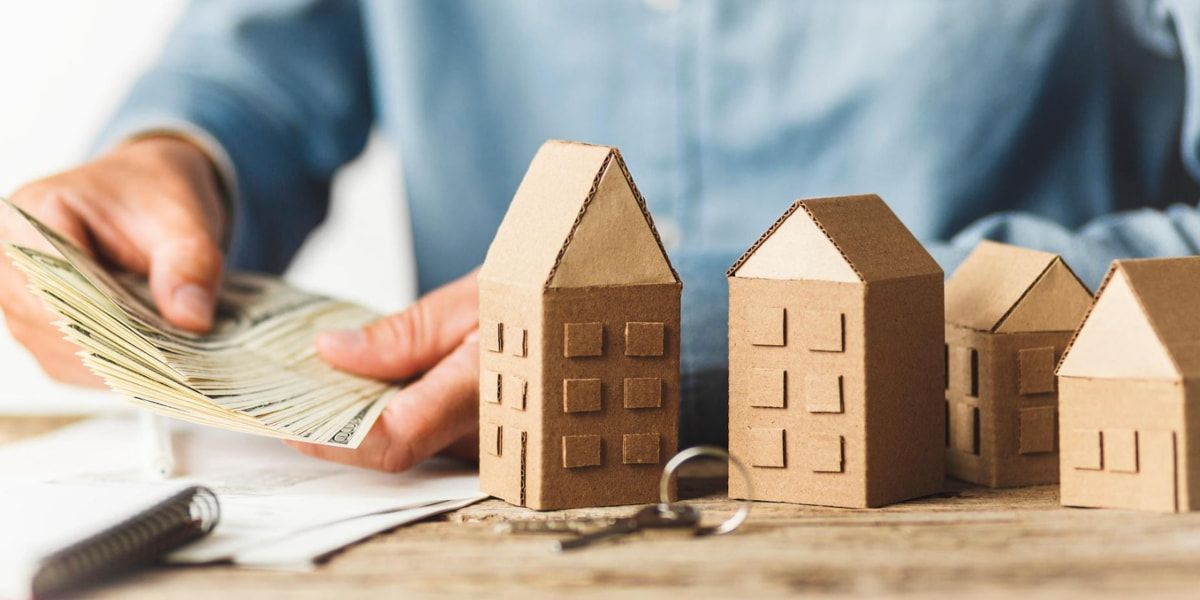How to Build an Emergency Fund: A Simple Guide
Life throws curveballs—flat tyres, chipped teeth, surprise bills. An emergency fund gives you the breathing room to handle them without spiralling into debt. It’s your financial safety net when things don’t go as planned.
Not sure where to start or how much to save? This guide breaks it down step by step—no jargon, no stress. Keep reading to learn how to build a solid buffer that actually works for your budget.
What Is an Emergency Fund?
An emergency fund is a dedicated pool of money reserved for life’s unexpected surprises, like urgent medical bills, sudden car repairs or losing your job. It’s not meant for holidays, last-minute sales or that new gadget you’ve been eyeing.
Think of it as your financial safety net. When something throws your budget off track, this fund helps you cover the cost without needing to borrow or dip into savings meant for other goals. It gives you breathing space and a sense of control when things go sideways. Building one might sound intimidating, but it’s all about creating a bit of a buffer between you and the unpredictable.
Why Every Australian Needs One
Life is unpredictable. According to the Australian Bureau of Statistics, many households would struggle to cover a $2,000 emergency. Without a buffer, Aussies often turn to credit cards or payday loans, leading to more financial stress.
An emergency fund:
- Prevents debt during financial setbacks
- Covers urgent, unavoidable expenses
- Gives you confidence in facing life's curveballs
How Much Should You Save?
A common rule of thumb is to aim for three to six months' worth of living expenses. For example, if your monthly expenses are $3,000, your emergency fund goal should be between $9,000 and $18,000. However, your personal circumstances matter:
- Single-income household? Aim for the higher end.
- Stable job and multiple income streams? A smaller fund might suffice.
Starting Small Is Okay
You don’t need to hit a huge target right away. Even a small cushion, like $1,000, can be a real lifesaver when something unexpected pops up.
What matters most is simply getting started. Set aside what you can, whether it’s $10 a week or spare change from your grocery budget. Small, consistent steps build momentum. Over time, those bits add up to something meaningful. The goal isn’t perfection—it’s progress.
Tips to Build Your Emergency Fund
Here’s how to get started, one simple step at a time:
1. Set a Realistic Goal
Decide on a target amount based on your monthly expenses. Use a budgeting tool or speak with a financial adviser to get clarity.
2. Open a Separate High-Interest Savings Account
Keep your emergency fund separate from everyday spending. Look for an account with:
- No fees
- Easy access (but not too easy)
- Competitive interest rates
3. Automate Your Savings
Set up a direct debit to your emergency fund every payday. Even $50 a week adds up to $2,600 a year – that’s your rainy day fund growing without effort.
4. Cut Back to Boost Your Savings
Review your spending. Can you:
- Cook more at home?
- Cancel unused subscriptions?
- Switch to a cheaper mobile or energy plan?
Use any savings to top up your fund.
5. Redirect Windfalls
Tax refund? Bonus at work? Sell something you don’t use? Send it straight to your emergency fund.
6. Stay Disciplined
Only use your emergency fund for true emergencies:
- Medical expenses
- Urgent car or home repairs
- Job loss or reduced income
Avoid dipping into it for holidays, gifts or non-essential purchases.
7. Consider a Loan Brokerage Service
While building an emergency fund is essential for financial security, life is unpredictable, and unexpected expenses can arise even when you’re saving diligently. If you find yourself needing extra support before your fund is fully established, a loan brokerage service can help.
This service connects you with a variety of lenders, allowing you to explore loan options that might help cover urgent costs, so you can continue growing your emergency fund without derailing your financial plans.
Where to Get Help
If you’re unsure where to start or feeling overwhelmed by managing your finances, a financial adviser or broker can help simplify the process. At ALCHEMYFIN, we specialise in providing tailored finance solutions, helping you make informed decisions about saving, budgeting and investing, all while guiding you to the best lending options. We pride ourselves on offering a customer-focused, personalised approach that truly understands your financial needs.
Final Thoughts
Building solid financial foundations is one of the smartest steps you can take towards achieving long-term stability. It doesn’t happen overnight, but with the right plan and expert support, you can take control of your finances and move towards your goals with confidence.
Ready to start saving and securing your financial future? Contact ALCHEMYFIN today for expert advice and personalised guidance on the best lending solutions for you.










